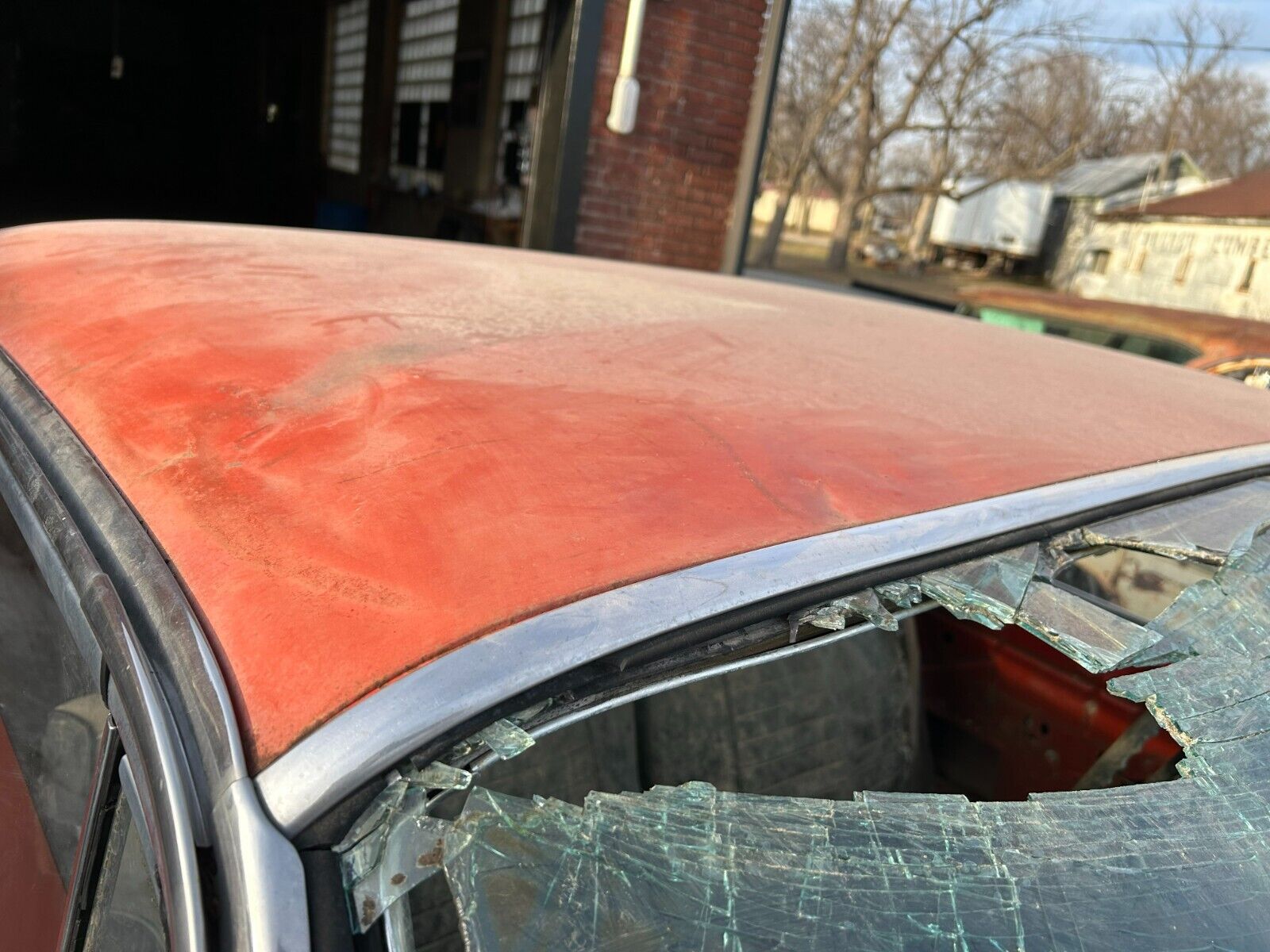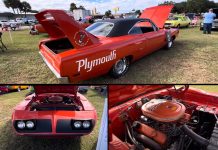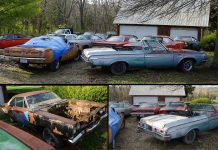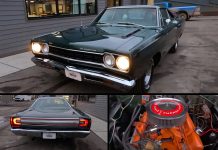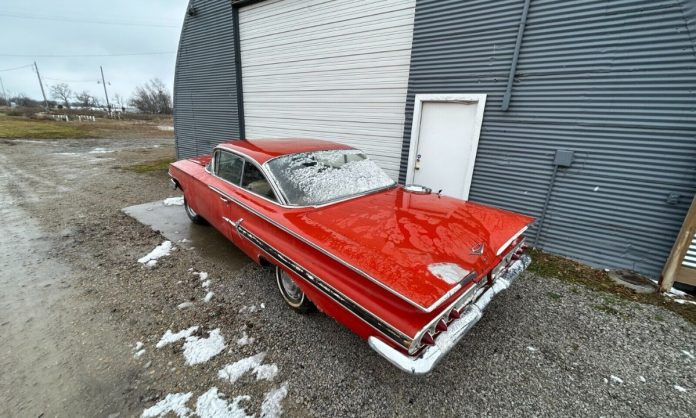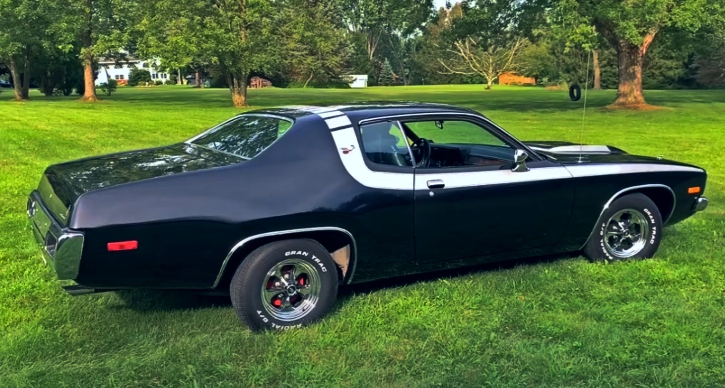The Genesis of Impala’s Ascent in 1958
In the automotive tapestry, the Impala emerged in 1958 as Chevrolet’s most ambitious full-size project. With robust investments from GM, this bold endeavor quickly reaped rewards. Within a mere year, the Impala transitioned from a Bel Air version to a standalone series, marking the inception of its illustrious journey.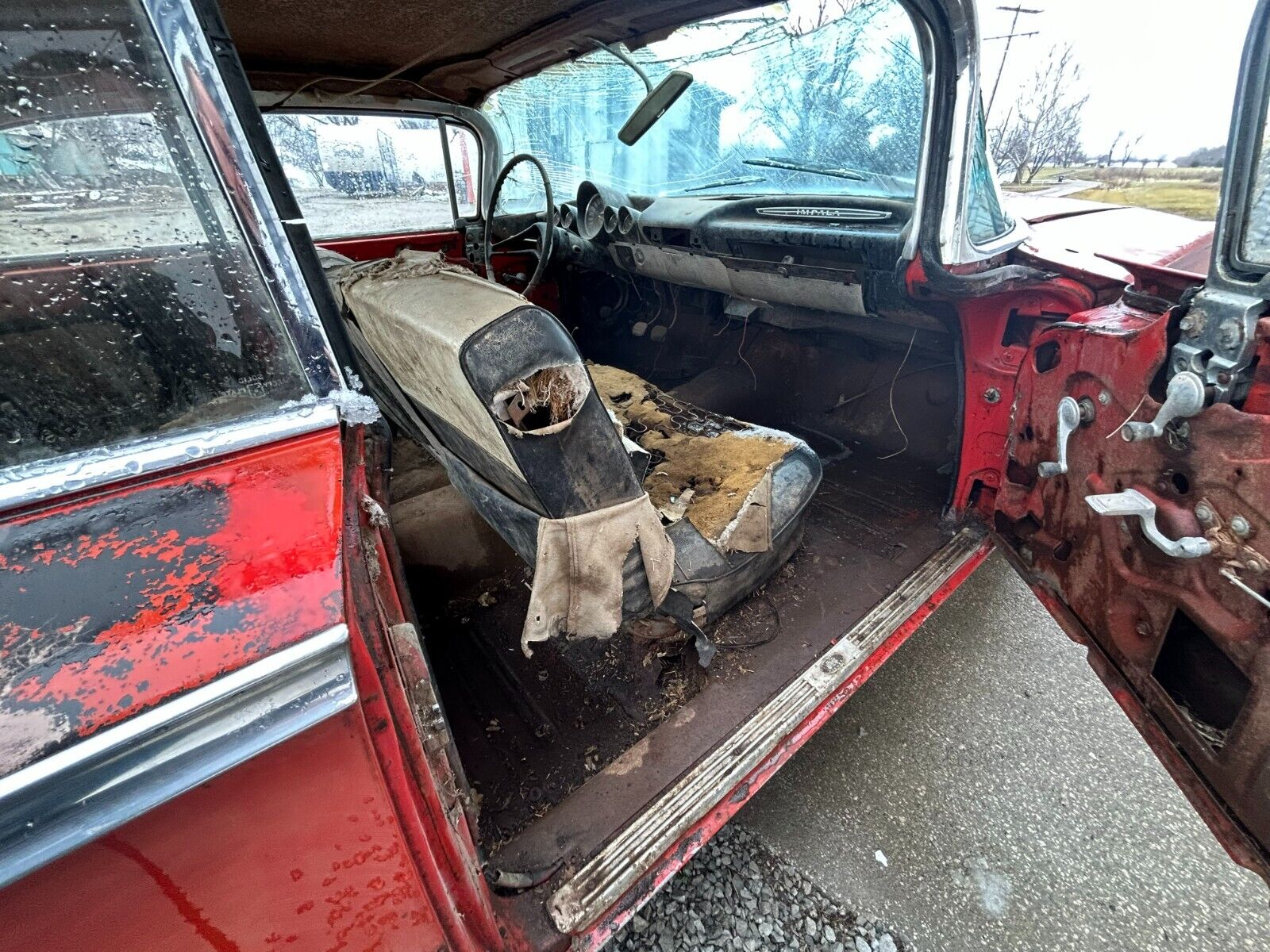
Divergent Paths in the Second Generation
As the second generation dawned in 1959, the Impala and the Bel Air, though sharing fundamental elements, embarked on distinct trajectories within Chevrolet’s full-size strategy. Despite the divergence, commonalities persisted, including engines and styling.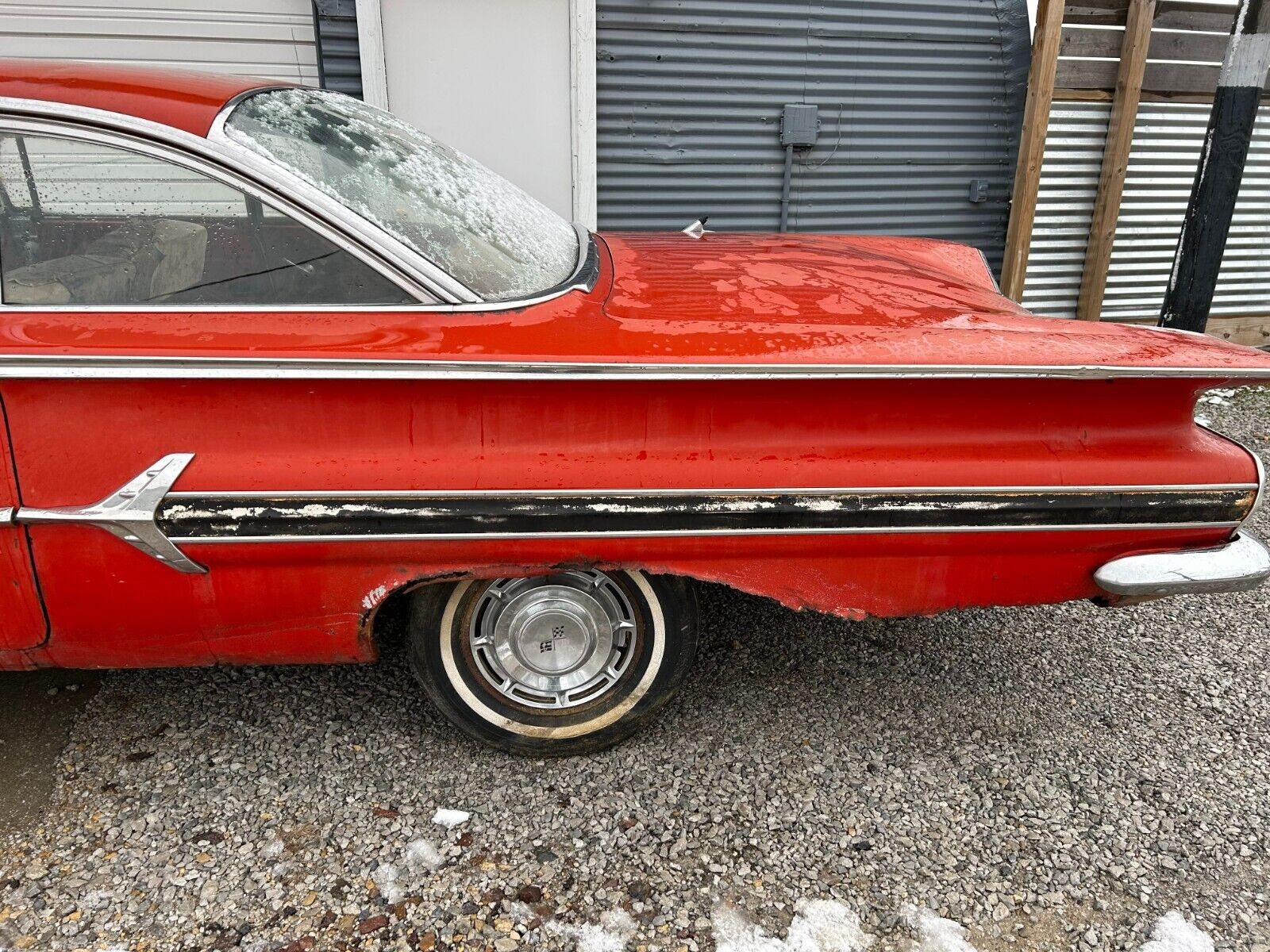
1960 – A Pivotal Year
The 1960 model year served as a pivotal chapter, witnessing the resurgence of the three-round taillights and the retention of engines from its predecessor. At the heart of this vintage gem was the mighty 348, capable of unleashing 350 horsepower when adorned with three two-barrel carburetors. With Chevrolet producing a staggering 490,000 units, the Impala’s trajectory towards superstardom became glaringly evident.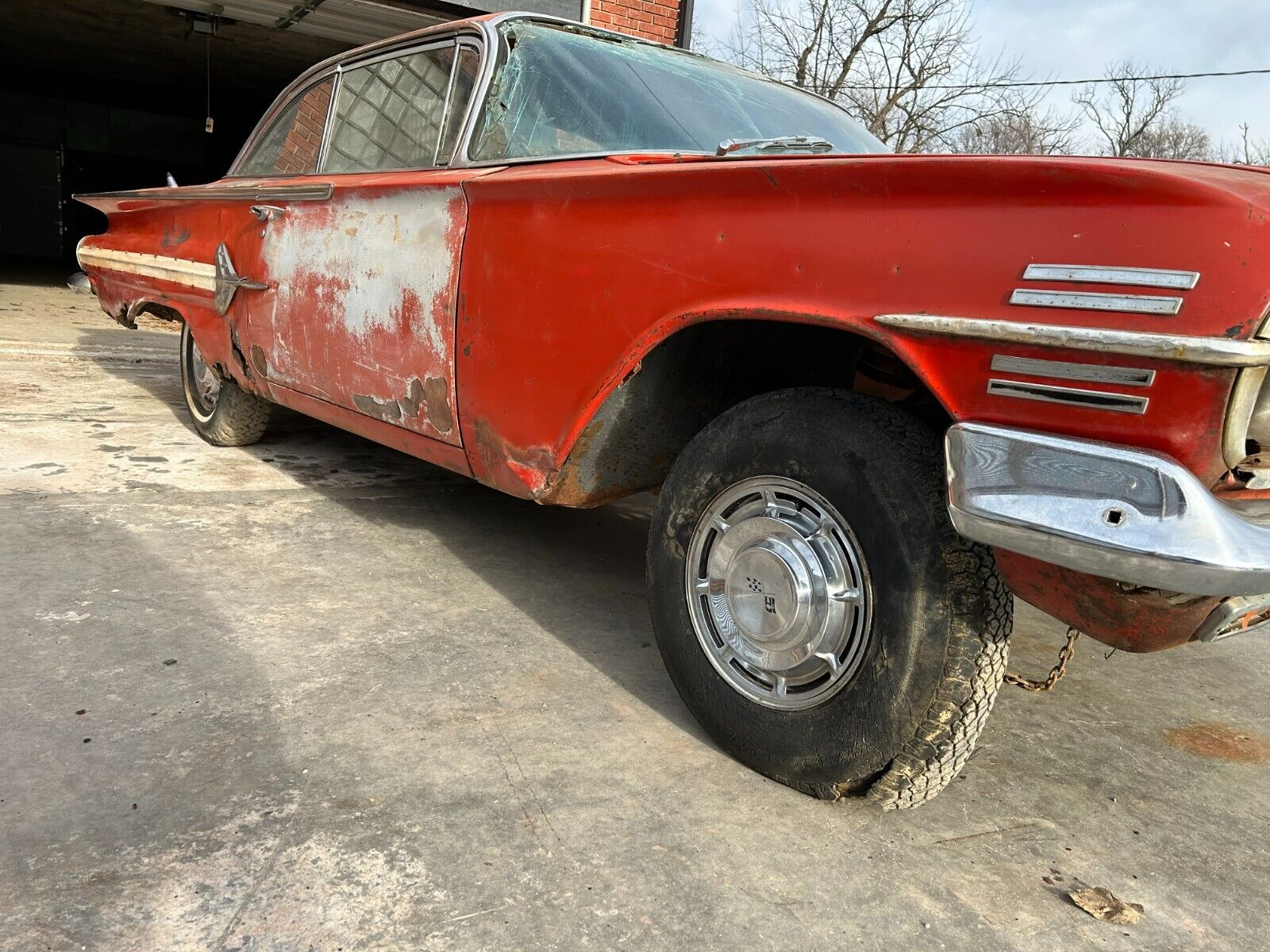
A Vintage Impala Beckoning Restoration
Fast forward to the present, a 1960 Impala 2-door hardtop surfaces on eBay, embracing a mission to entice a restorative journey despite visible wear and tear. Discovered in a barn by the seasoned barn-finder i*find*u*flip, this project reflects the hallmark signs of extended dormancy, with characteristic damages that time inflicts.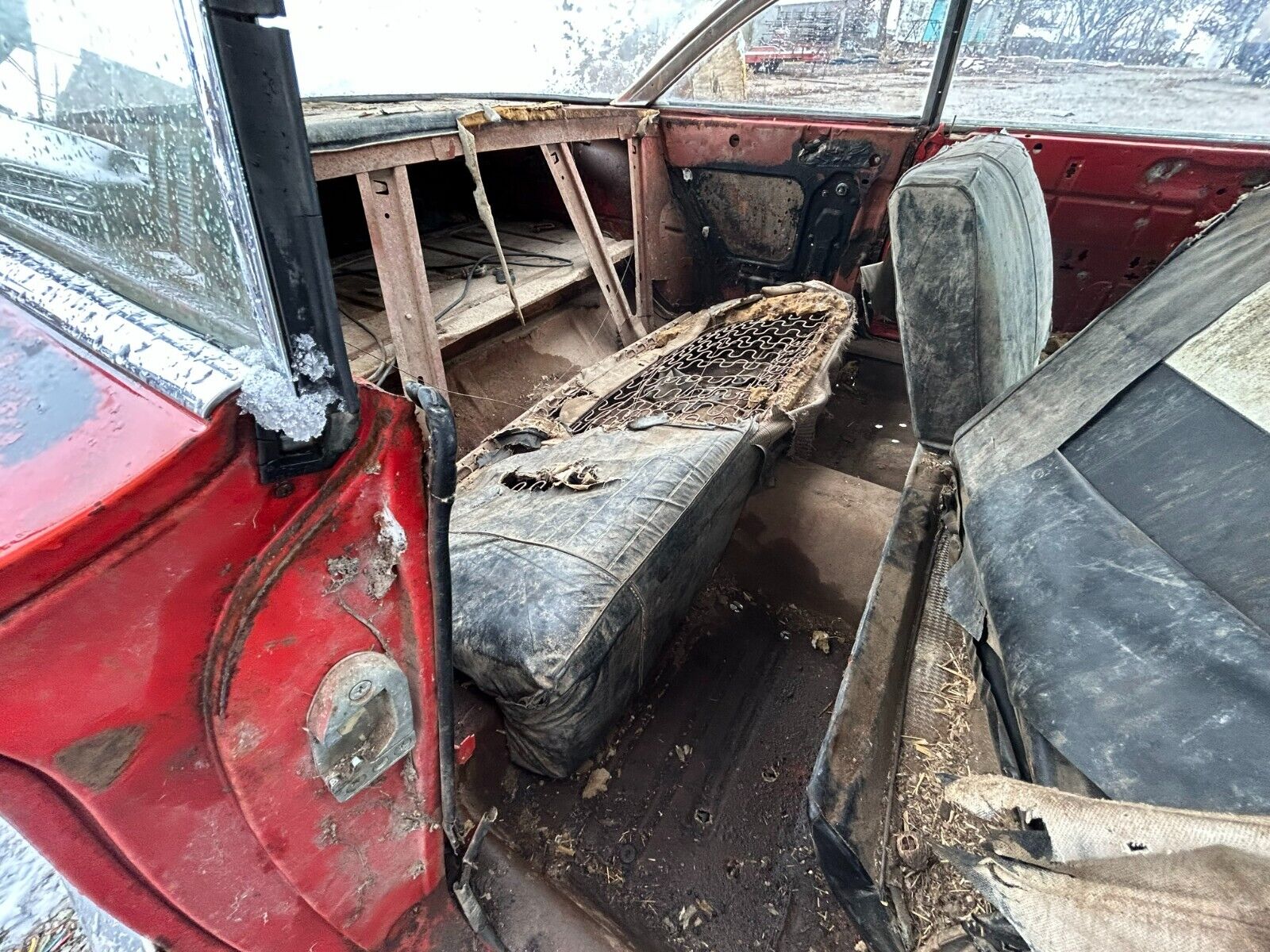
Aesthetic and Structural Challenges
The interior paints a vivid picture of neglect, demanding a comprehensive restoration effort to revive this Impala to its former glory. Structural hurdles manifest in occasional floor damage, although the trunk floor stands resilient.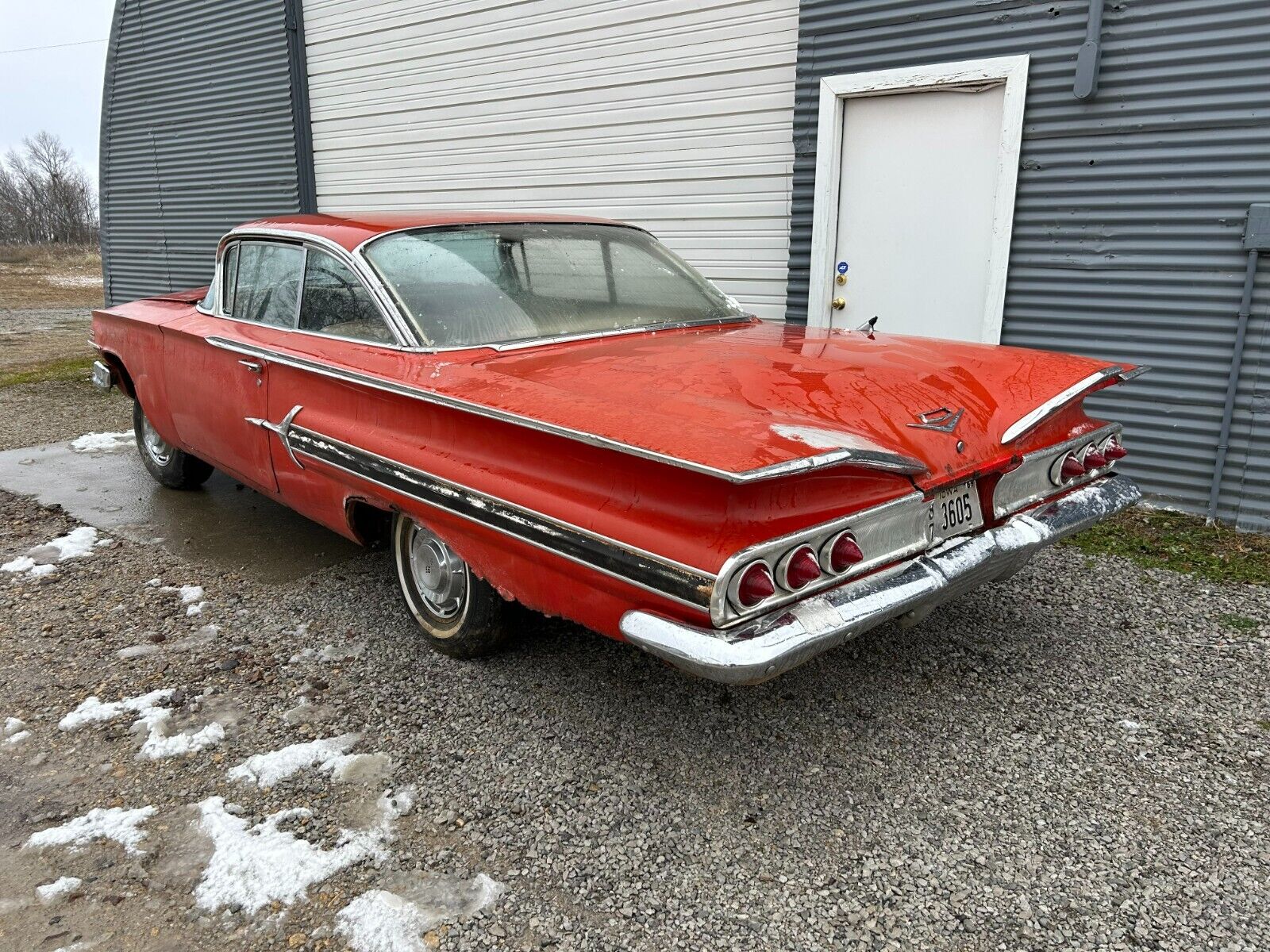
Engine Woes and Perspectives
The engine bay harbors less favorable news, as the original powerhouse has found a new home, possibly in another Impala project. The absence of the original engine, a deal-breaker for some, presents an intriguing prospect for others who envision a customized engine installation.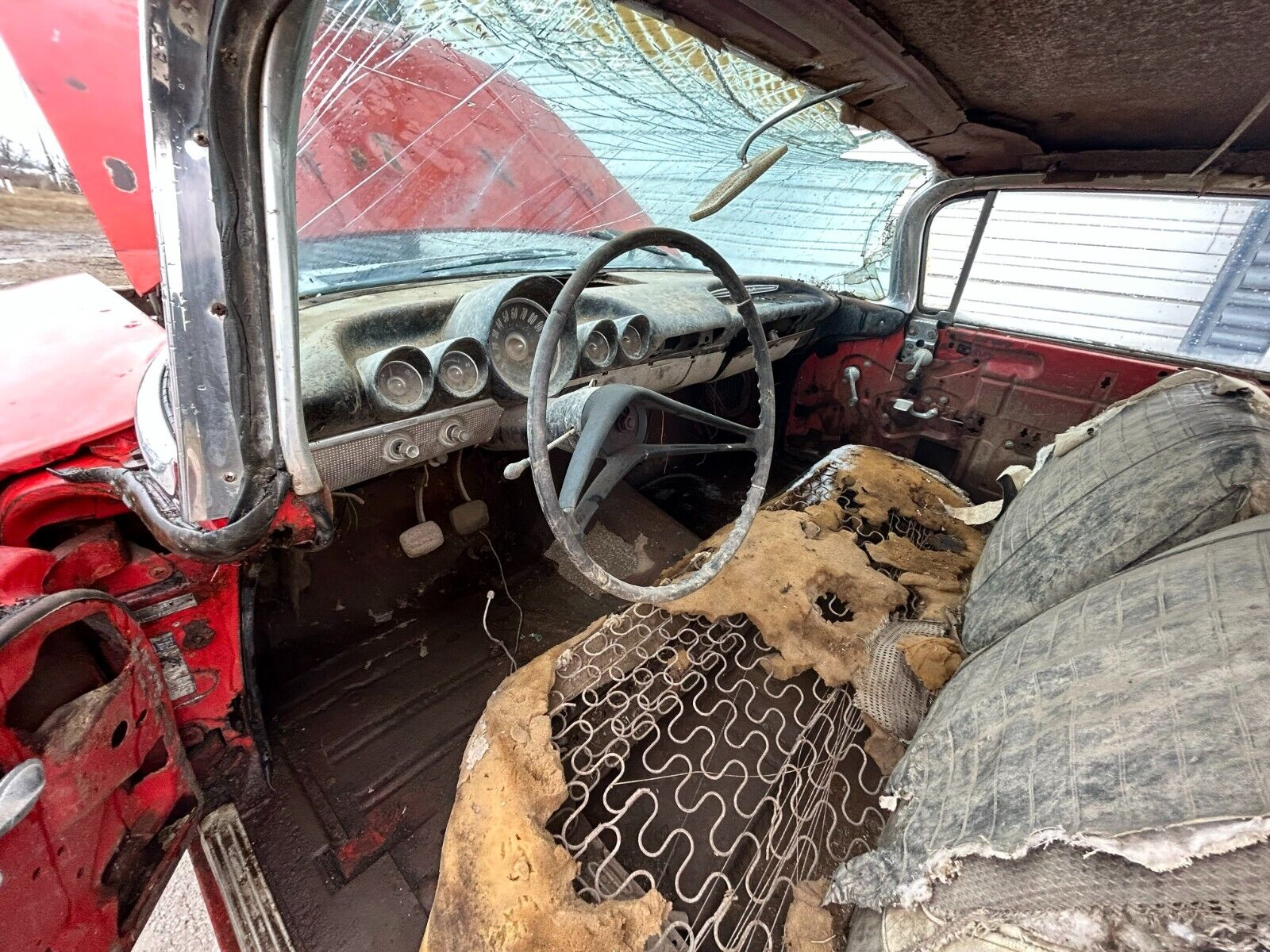
The Auction Dynamics
With the bidding commencing at $300, it’s evident this won’t be the closing price. A mysterious reserve further shrouds its value, but a direct purchase option exists at $5,900. Prospective buyers can inspect the Impala in person in Everest, Kansas, with approximately five days left before the auction curtain falls.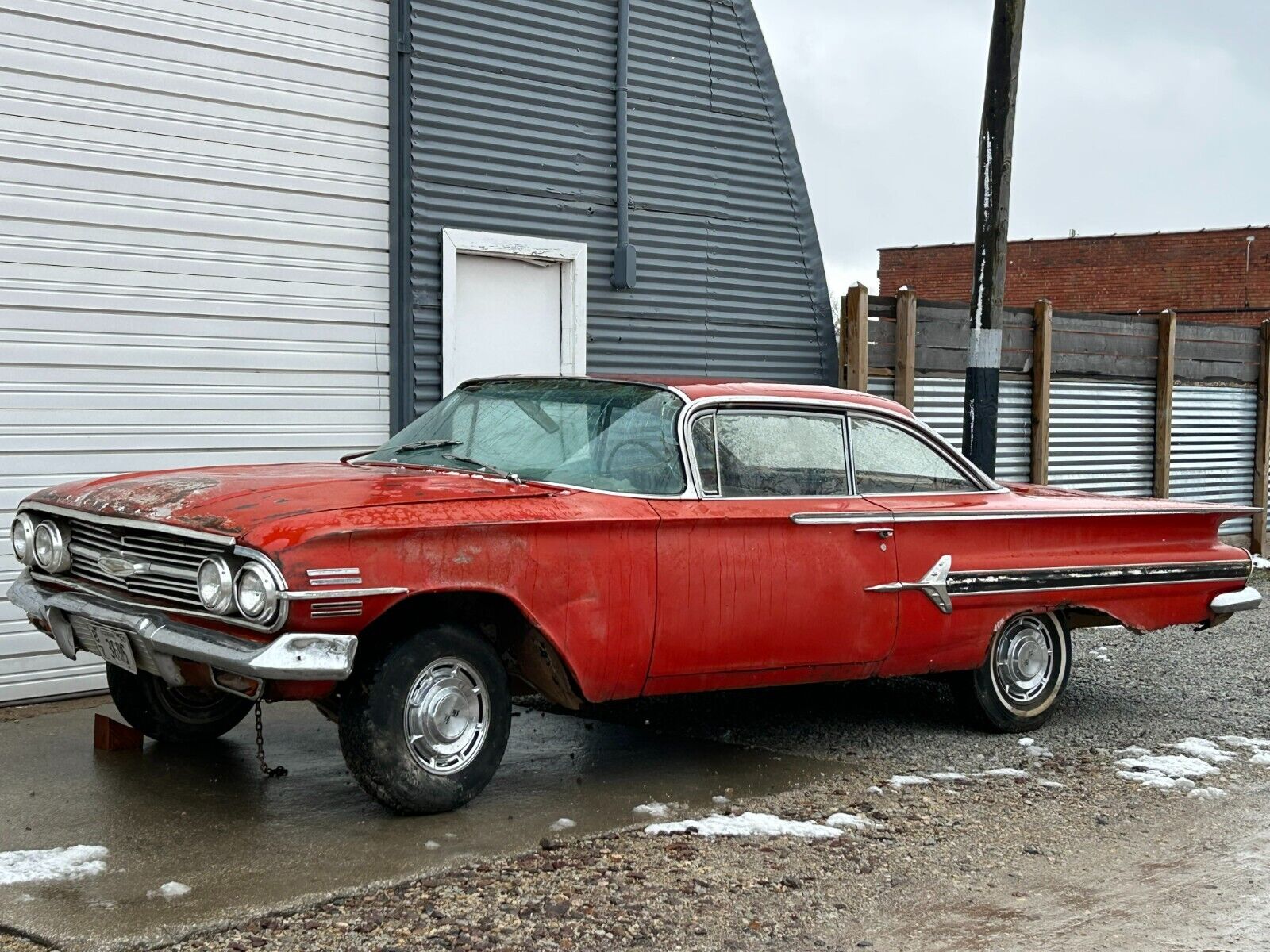
FAQs: Unveiling Further Details
Q1: What makes the 1960 Impala significant in its evolution?
A1: The 1960 model year signaled a resurgence with the revival of three-round taillights and the continuation of engines from its predecessor, solidifying the Impala’s path to superstardom.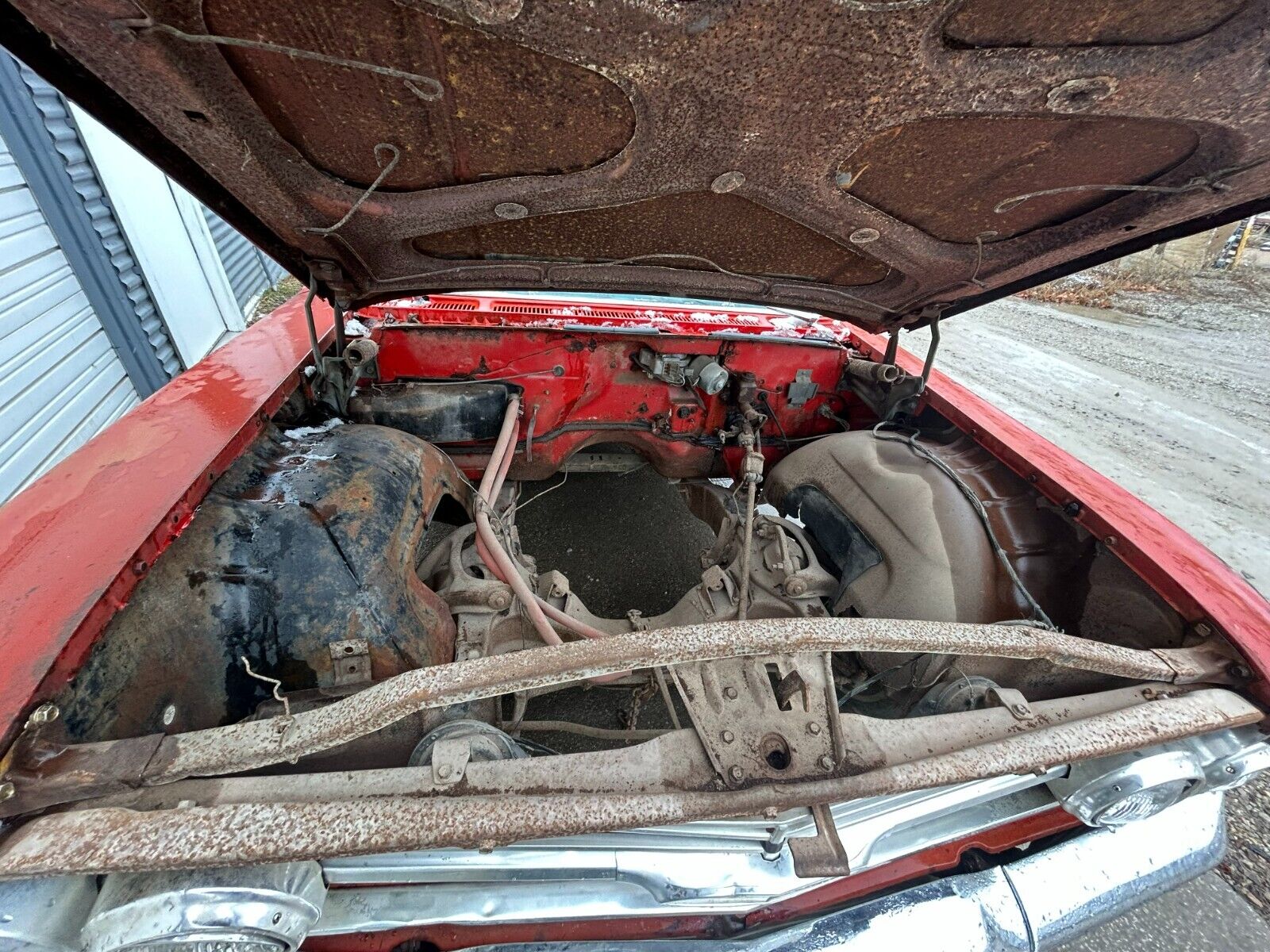
Q2: How is the bidding structured for this vintage Impala?
A2: Bidding starts at $300, with a mysterious reserve determining the final price. Alternatively, the car can be purchased outright for $5,900.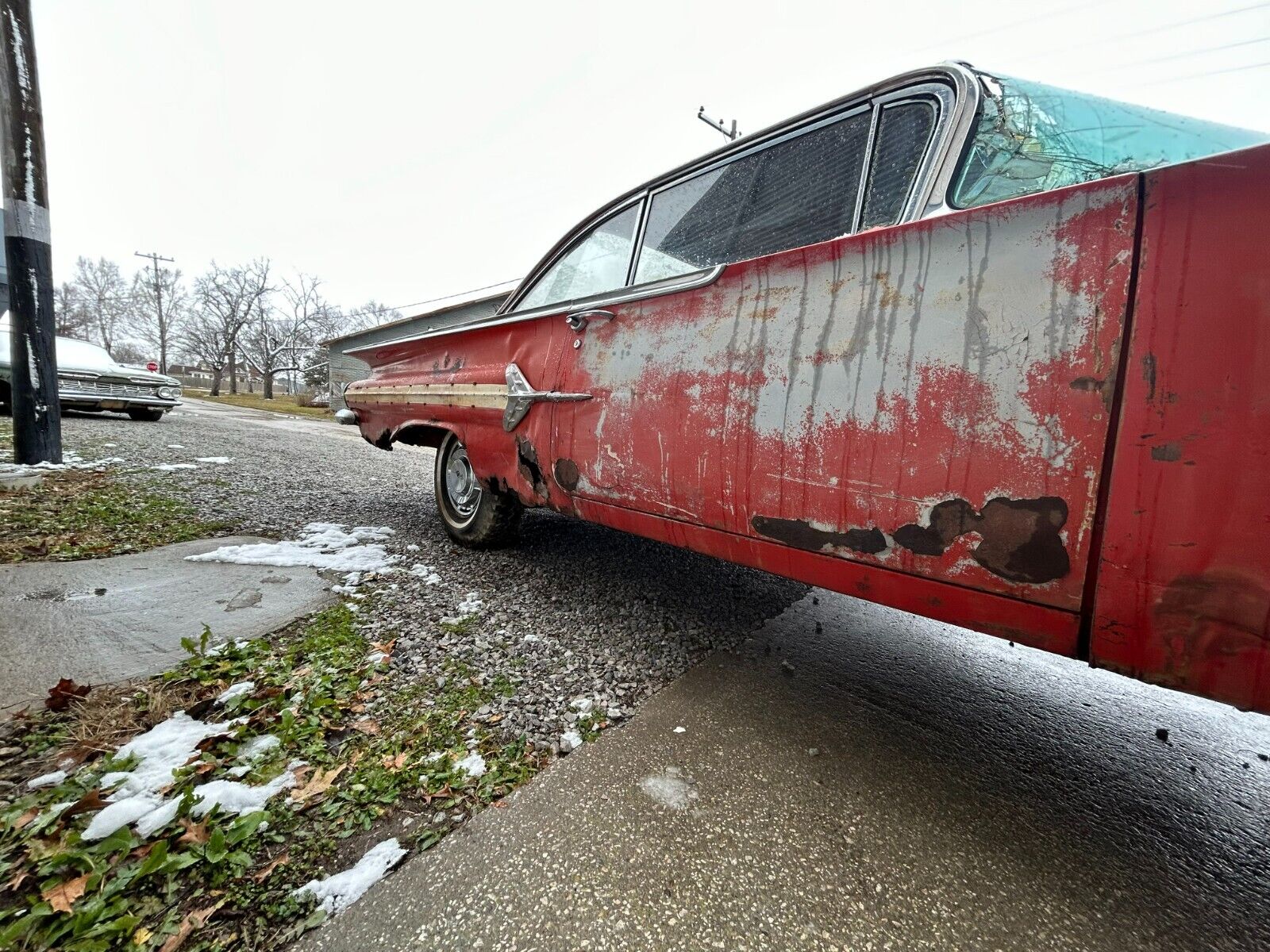
Q3: What challenges does the interior of the Impala pose?
A3: The interior is in rough shape, necessitating a comprehensive restoration effort to bring the Impala back to its original glory.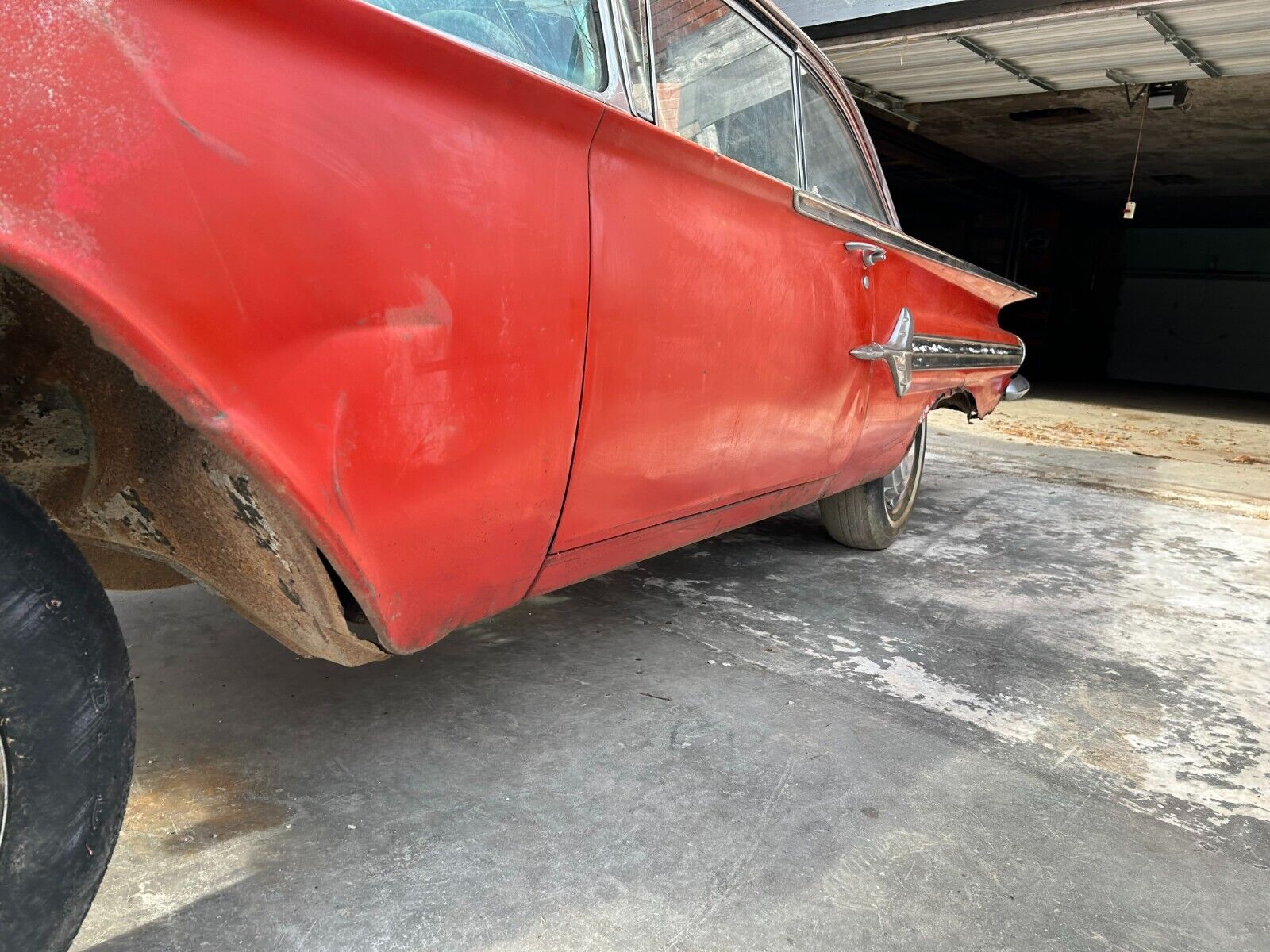
Q4: Why might the absence of the original engine be viewed as an opportunity?
A4: While some view the lack of the original engine as a challenge, others see it as an opportunity to acquire the car at a lower price and customize the engine to their preference.